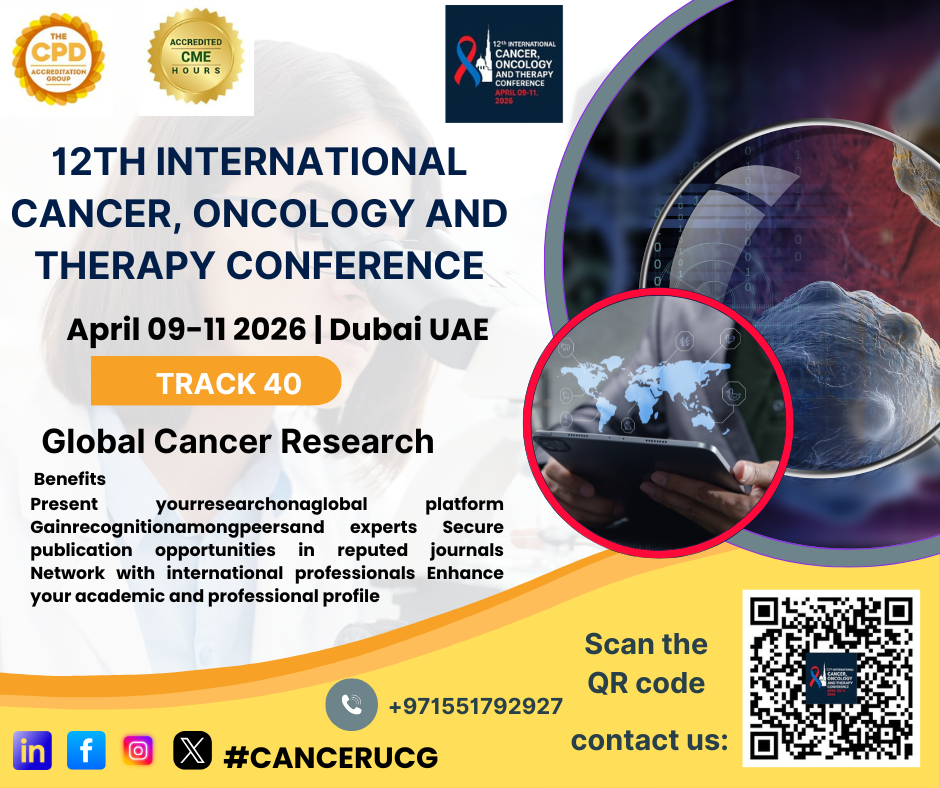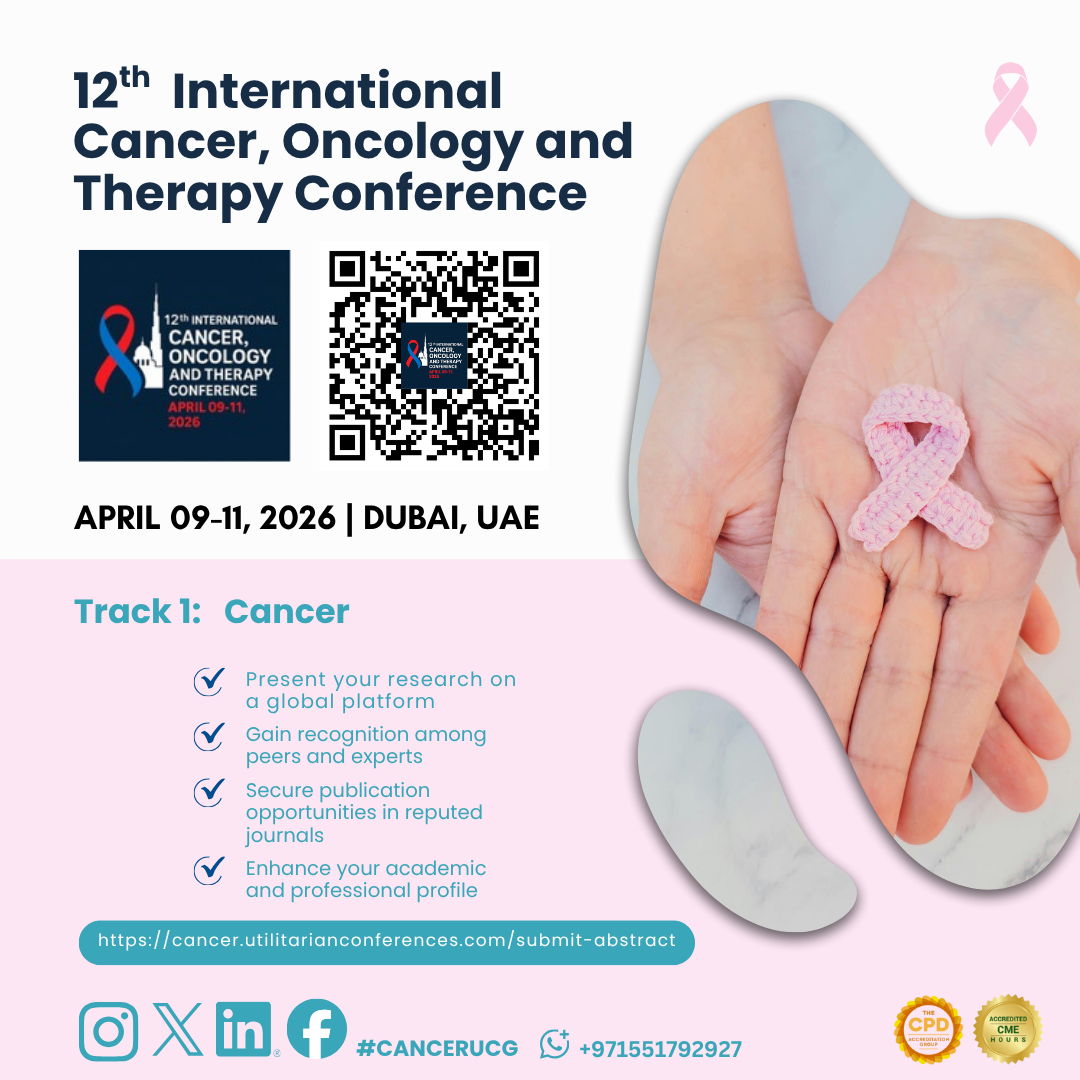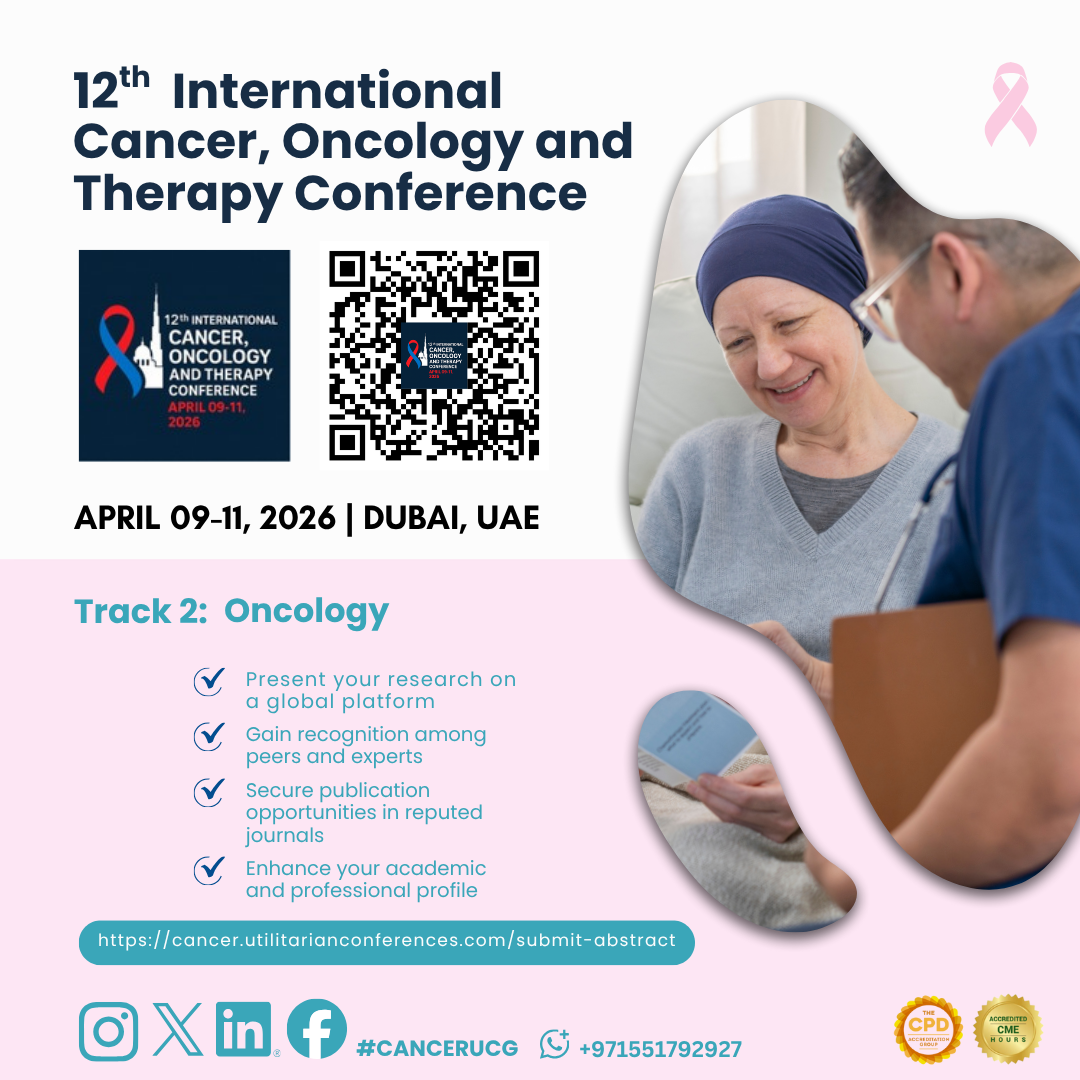Global
cancer research is a multidisciplinary field focused on understanding,
preventing, diagnosing, and treating cancer worldwide. This field encompasses
basic science, clinical studies, public health initiatives, and socio-economic
research to address cancer disparities and improve outcomes globally.
1. Cancer Statistics
- Incidence and Mortality: Cancer
is the second leading cause of death globally. In 2020, there were
approximately 19.3 million new cancer cases and 10 million cancer deaths
worldwide.
- Regional Disparities: Low- and
middle-income countries (LMICs) bear a disproportionate burden due to
limited access to healthcare, early diagnosis, and treatment.
2. Key Areas of
Research
a. Prevention
- Risk Factors: Studying
the role of lifestyle, genetics, infections (e.g., HPV, hepatitis), and
environmental exposures in cancer development.
- Vaccines: Research
on vaccines like HPV for cervical cancer and Hepatitis B for liver cancer.
- Public Health Campaigns: Promoting
tobacco cessation, healthy diets, and physical activity.
b. Early Detection
- Screening Programs: Advances
in screening technologies, including mammography, colonoscopy, and liquid
biopsies.
- Biomarkers:
Identifying molecular markers for early cancer detection.
c. Treatment
- Targeted Therapies: Drugs
that attack specific cancer cells (e.g., tyrosine kinase inhibitors).
- Immunotherapy:
Therapies that harness the immune system (e.g., checkpoint inhibitors,
CAR-T cells).
- Precision Medicine:
Tailoring treatments based on individual genetic profiles.
- Radiotherapy and Surgery:
Innovations in minimally invasive techniques and radiation delivery.
d. Palliative Care
- Addressing quality of life for patients with advanced cancer
through symptom management and psychological support.
3. Global Health
Initiatives
- Cancer Control Programs: World
Health Organization (WHO) and Union for International Cancer Control
(UICC) initiatives focus on prevention, treatment, and palliative care in
LMICs.
- Collaborative Networks: Global
research consortia like the International Agency for Research on Cancer
(IARC) and Cancer Moonshot aim to advance research and reduce disparities.
- Technology and Accessibility:
Expanding telemedicine, mobile health technologies, and affordable diagnostics
to underserved regions.
4. Challenges in
Global Cancer Research
- Health Disparities: Unequal
access to healthcare resources and research funding.
- Infrastructure: Limited
cancer registries, research facilities, and trained personnel in LMICs.
- Cultural Barriers:
Differences in awareness, stigma, and traditional beliefs about cancer.
- Funding:
Insufficient investment in cancer research, especially in developing
countries.
5. Future Directions
- Integrative Research:
Combining genomics, artificial intelligence, and big data to identify new
treatment pathways.
- Sustainability:
Developing cost-effective solutions to expand access to cancer care.
- Equity-Focused Approaches:
Addressing socioeconomic determinants and ensuring representation in
clinical trials.





